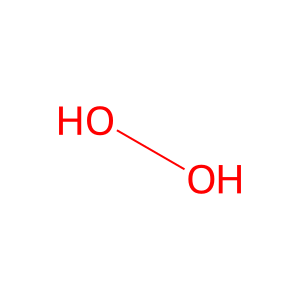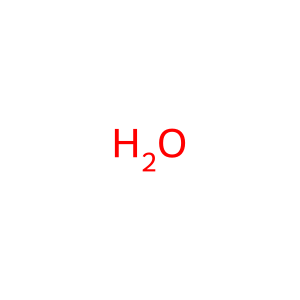Reaction: PRDX1 overoxidizes
- in pathway: TP53 Regulates Metabolic Genes
The activity of eukaryotic PRDX1 gradually decreases with time, which is due to the overoxidation of the catalytic cysteine C52. Normally, oxidized cysteine C52-SOH is generated as a catalytic intermediate, which is subsequently reduced by thioredoxin. Occasionally, further oxidation happens, generating C52-SOOH , where the catalytic cysteine is converted to cysteine-sulfinic acid. This over-oxidation cannot be reversed by thioredoxin (Yang et al. 2002, Budanov et al. 2004). Bacterial peroxiredoxin AhpC does not undergo over-oxidation due to structural difference (Wood et al. 2003).
Reaction - small molecule participants:
H2O [cytosol]
H2O2 [cytosol]
H2O [cytosol]
H2O2 [cytosol]
Reactome.org reaction link: R-HSA-5631885
======
Reaction input - small molecules:
hydrogen peroxide
hydrogen peroxide
Reaction output - small molecules:
water
water
Reactome.org link: R-HSA-5631885


